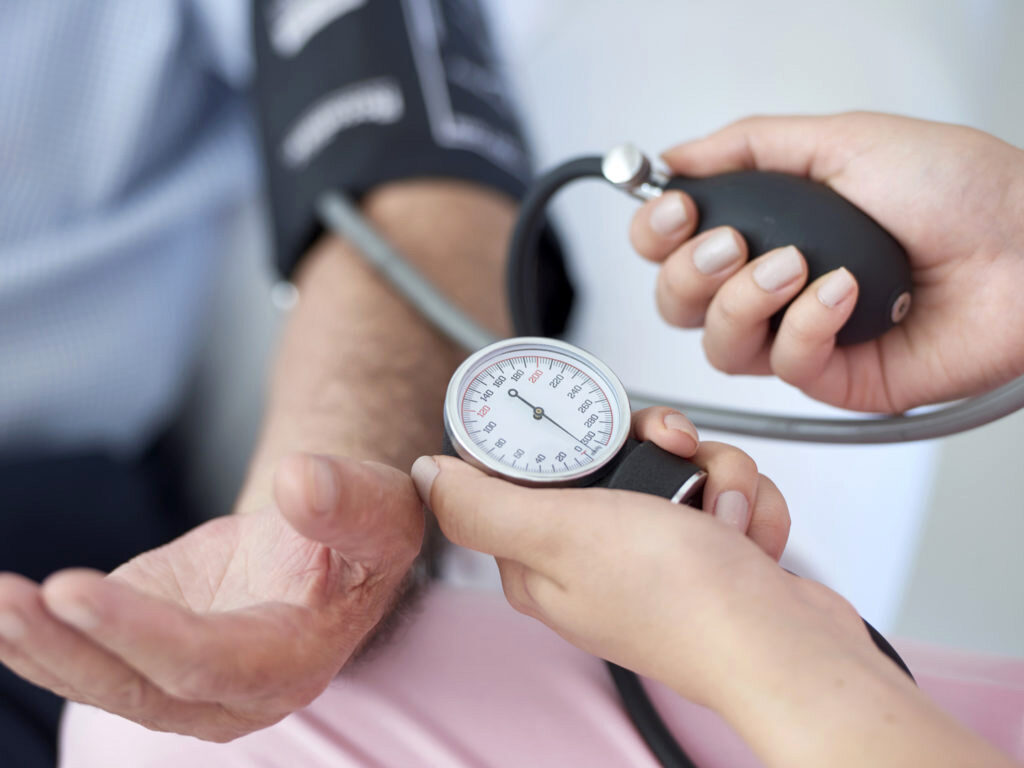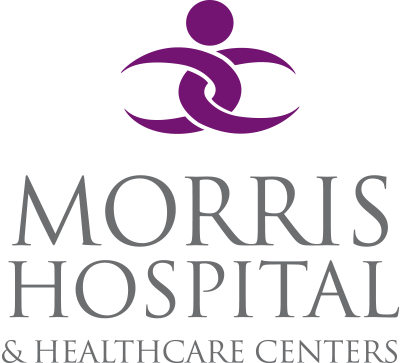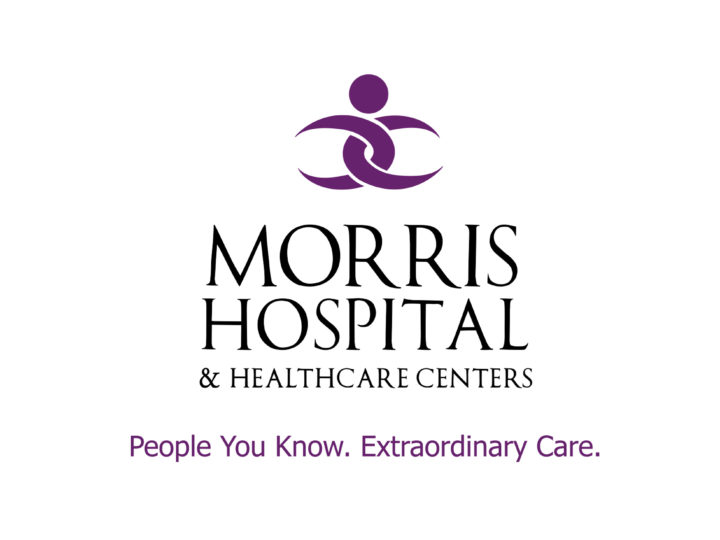Understanding The Latest Blood Pressure Guidelines
 If you thought your blood pressure was in the acceptable range, make sure you are using the latest standards as your guide. Not long ago, the American Heart Association lowered Stage 1 hypertension to 130/80, with anything in the range of 120-129/80 considered elevated blood pressure. Previously, 140/90 mm Hg and above was considered high.
If you thought your blood pressure was in the acceptable range, make sure you are using the latest standards as your guide. Not long ago, the American Heart Association lowered Stage 1 hypertension to 130/80, with anything in the range of 120-129/80 considered elevated blood pressure. Previously, 140/90 mm Hg and above was considered high.
The new definition of high blood pressure was made after analysis of more than one thousand different studies. The consensus was that people with blood pressures previously considered “pre-hypertensive” were developing serious consequences of hypertension.
Board-Certified Cardiologist Mary Gordon, D.O., with Morris Hospital Cardiovascular Specialists, says doctors now know that even small increases in blood pressure can cause considerable ill effects on the body.
“What they were finding is that when we allowed people to continue in this ‘pre-hypertensive’ state, they were having a larger incidence of heart attacks and strokes than we thought,” says Dr. Gordon. “They found that a lower blood pressure is healthier for many of the body’s organ systems.”
What exactly is blood pressure, anyway?
Blood pressure is a measure of the pressure inside the arteries. A normal, healthy blood pressure is 120/80.
When that number rises, arteries throughout the body may develop microfractures, which can trap cholesterol. This can cause a narrowing of the arteries, which can lead to heart attacks, strokes, vision loss and peripheral artery disease (PAD). High blood pressure can also cause arteries to rupture or leak.
Heart failure can also result.
“The heart is a pump,” Dr. Gordon says, “but there’s no pressure-release valve for it. Over time, high blood pressure can cause the heart muscle to thicken and become less efficient at pumping.”
The kidney is particularly susceptible to high blood pressure, with its network of tiny, fragile arteries that filter blood.
Erectile dysfunction and loss of libido are other common side effects of high blood pressure.
Effective blood pressure management
Dr. Gordon says physicians used to begin treating their patients with blood pressure-lowering medication at 140/90. With the new guidelines, treatment might begin with a pressure of 130/80, and sometimes even lower. However, lifestyle modifications can also reduce blood pressure in some pretty significant ways.
For example, if a person is overweight, every 2.2 pounds of weight loss can result in a 1 mm drop in blood pressure. Dr. Gordon says decreasing the amount of saturated fats in the diet while upping fruits and vegetables can result in as much as an 11 mm drop in blood pressure. Doing 90 minutes of aerobic activity a week can lead to a 10 mm drop.
Measuring your blood pressure at home, in addition to having it checked in the doctor’s office, is necessary as well, she says.
“It’s really important to educate yourself,” Dr. Gordon says. “Understand what high blood pressure is and what it means to your body. Think about your future. How long do you want to be here, and how well do you want to live? That’s really the question.”
Need help managing blood pressure?
For the name of a cardiologist on the Morris Hospital medical staff, go to morrishospital.org/doctors.




